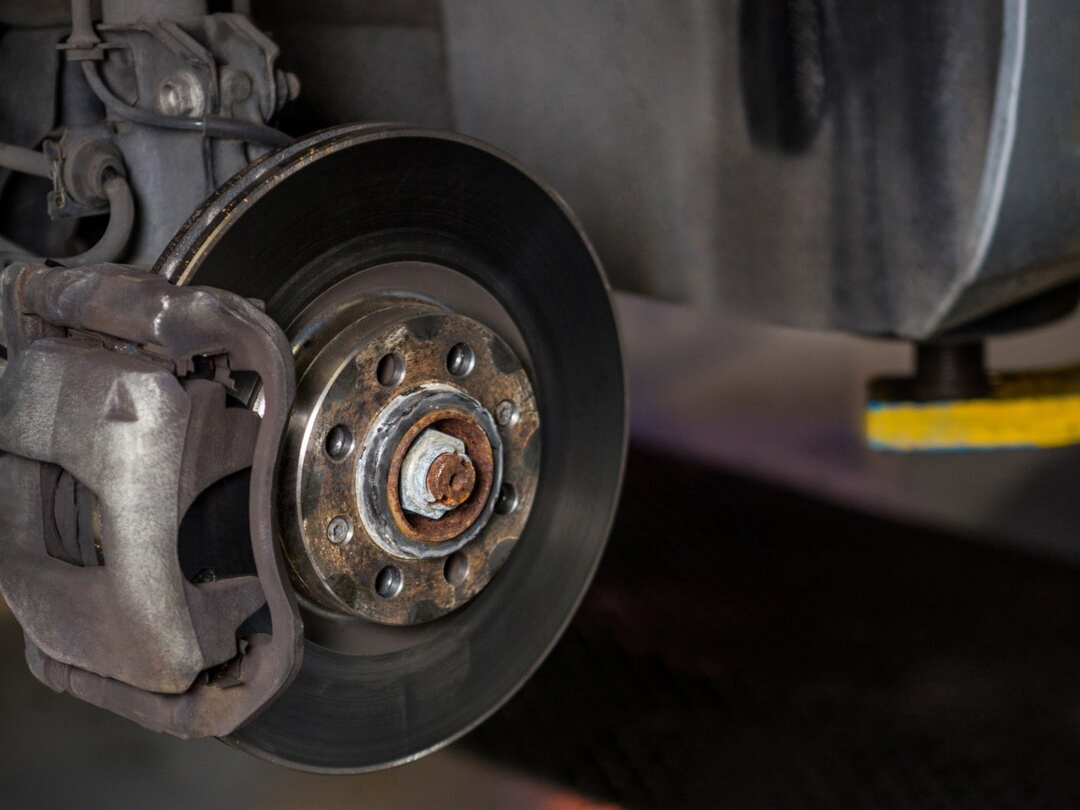Your car’s brake system is a vital component for ensuring your safety on the road. Among its essential elements are the brake lines, which transport brake fluid from the master cylinder to the brake calipers or wheel cylinders, enabling the braking action that slows or stops your vehicle. Over time, brake lines can deteriorate due to wear and tear, exposure to the elements, or corrosion, compromising your vehicle’s braking performance and safety. Recognizing the signs that your car’s brake lines may need replacement is crucial for preventing brake failure and maintaining optimal driving conditions. Here are ten warning signals to watch out for:
1. Leaking Brake Fluid:
One of the most obvious signs of brake line deterioration is the presence of brake fluid leaks. Inspect the area beneath your car for puddles of clear or brownish fluid, particularly near the wheels or along the brake lines themselves. Leaking brake fluid indicates a breach in the brake lines or fittings and requires immediate attention to prevent brake failure.
2. Soft or Spongy Brake Pedal:
A soft or spongy brake pedal that feels mushy or unresponsive when pressed is a common symptom of air or moisture in the brake lines. This condition, known as brake fade, can compromise your ability to stop your vehicle quickly and safely, increasing the risk of accidents. If you notice a change in your brake pedal’s feel or responsiveness, have your brake lines inspected promptly.
3. Reduced Braking Power:
If you find that your car takes longer to come to a stop or requires more effort to engage the brakes effectively, it could indicate a problem with your brake lines. Reduced braking power may result from leaks, blockages, or deterioration of the brake lines, compromising the hydraulic pressure needed to activate the brakes efficiently.
4. Corroded Brake Lines:
Inspect the brake lines under your car for signs of corrosion, rust, or damage. Corroded brake lines are prone to weakening and failure, increasing the risk of brake fluid leaks and brake system malfunctions. Address any signs of corrosion promptly by replacing the affected brake lines to ensure your safety on the road.
5. Visible Damage or Wear:
Visually inspect the brake lines for any signs of damage, wear, or fraying. Damaged brake lines can compromise the integrity of the brake system, leading to leaks, fluid loss, and brake failure. Look for cracks, abrasions, or bulges along the length of the brake lines and replace any damaged sections immediately.
6. Brake Warning Light:
A illuminated brake warning light on your dashboard is a clear indication of a problem with your brake system, including potential issues with the brake lines. If the brake warning light comes on while driving or stays illuminated after starting your car, have your brake system inspected by a qualified mechanic to identify and address the underlying cause.
7. Burning Smell:
A burning smell, particularly after driving or braking, could indicate overheating or burning brake fluid caused by leaks or friction within the brake system. Avoid ignoring any unusual odors emanating from your car, as they may signal serious brake issues that require immediate attention to prevent safety hazards.
8. Brake Fluid Contamination:
Contaminated brake fluid, characterized by a dark, murky appearance or the presence of debris or sediment, can indicate moisture or foreign matter in the brake lines. Brake fluid contamination can compromise the effectiveness of the brake system and lead to brake fade or failure. Consider flushing and replacing the brake fluid if contamination is detected.
9. Pulsating Brakes:
If you experience pulsating or vibrating brakes when applying pressure to the brake pedal, it may indicate warped brake rotors or problems with the brake lines. Uneven pressure distribution caused by damaged or obstructed brake lines can lead to uneven braking and vibration, compromising vehicle control and safety.
10. Age and Mileage:
Lastly, consider the age and mileage of your vehicle when assessing the condition of the brake lines. Over time, exposure to the elements, temperature fluctuations, and wear and tear can cause brake lines to deteriorate and weaken, increasing the risk of leaks, corrosion, and failure. Regular maintenance and inspection of the brake system are essential for identifying and addressing potential issues before they escalate into safety hazards.
Your car’s brake lines play a critical role in ensuring your safety and the safety of others on the road. By recognizing the signs that your brake lines may need replacement, you can take proactive measures to address potential issues and maintain optimal braking performance. If you notice any of the warning signals mentioned above, consult with a qualified mechanic or brake specialist to diagnose the problem and implement appropriate repairs or replacements. Remember, prioritizing the health and integrity of your car’s brake system is essential for safe and reliable driving experiences.











